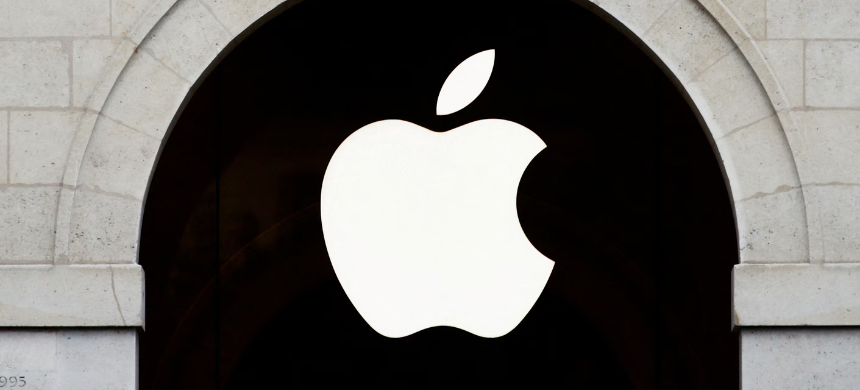iPhone 16 Series: Subtle Upgrades, But Apple’s AI Future Drives Optimism
The iPhone 16 series has arrived with only subtle improvements over its predecessor, the iPhone 15 series, focusing more on addressing user complaints and refining the overall experience rather than introducing groundbreaking design changes. While this lack of major upgrades initially dampened excitement, analysts believe that Apple Intelligence, Apple’s advanced AI platform, could catalyze a significant shift in iPhone adoption, potentially helping the company reach a $4 trillion market capitalization.
Stock Surge Amid Soft Demand
Although the demand for the iPhone 16 series has been described as “soft,” Apple’s stock has surged by 16% since November, adding approximately $500 billion to its market value, according to ITHome. Analysts, including Morgan Stanley’s Erik Woodring, have noted the limited rollout of Apple Intelligence features as a key factor holding back sales. However, Woodring anticipates that once the AI capabilities are fully integrated, it could provide a major boost in demand.
Read More: When is Apple Intelligence Launching, and Who Will Receive it?
Challenges in China’s Market
China, the world’s largest smartphone market, remains a crucial area for Apple’s growth. However, regulatory hurdles have slowed the adoption of generative AI in the region. Reports suggest that Apple is actively engaging with local tech giants such as Tencent and ByteDance to overcome these barriers and expand its AI capabilities. Apple’s success in China is pivotal, as it plays a substantial role in the company’s annual iPhone revenue.
Services Division: A Reliable Revenue Stream
While the iPhone faces some challenges, Apple’s Services division continues to perform strongly, providing a steady financial cushion. This segment is projected to generate $100 billion in revenue by 2025, potentially accounting for 25% of Apple’s total revenue. Analysts from Wedbush have valued Apple’s Services unit at $1.5 to $1.6 trillion by the end of 2024, significantly boosting Apple’s overall market value.
Slow Rollout of Apple Intelligence
The rollout of Apple Intelligence has been cautious, with developers encountering significant challenges in integrating generative AI into the Apple ecosystem. This slower pace may delay key features slated for iOS 19 until 2026, limiting the immediate impact of AI-driven advancements. While the full potential of these features remains uncertain, the possibility of a future iPhone supercycle fueled by accessible and refined AI is clear. As Apple overcomes integration challenges, renewed enthusiasm for its devices may follow.











